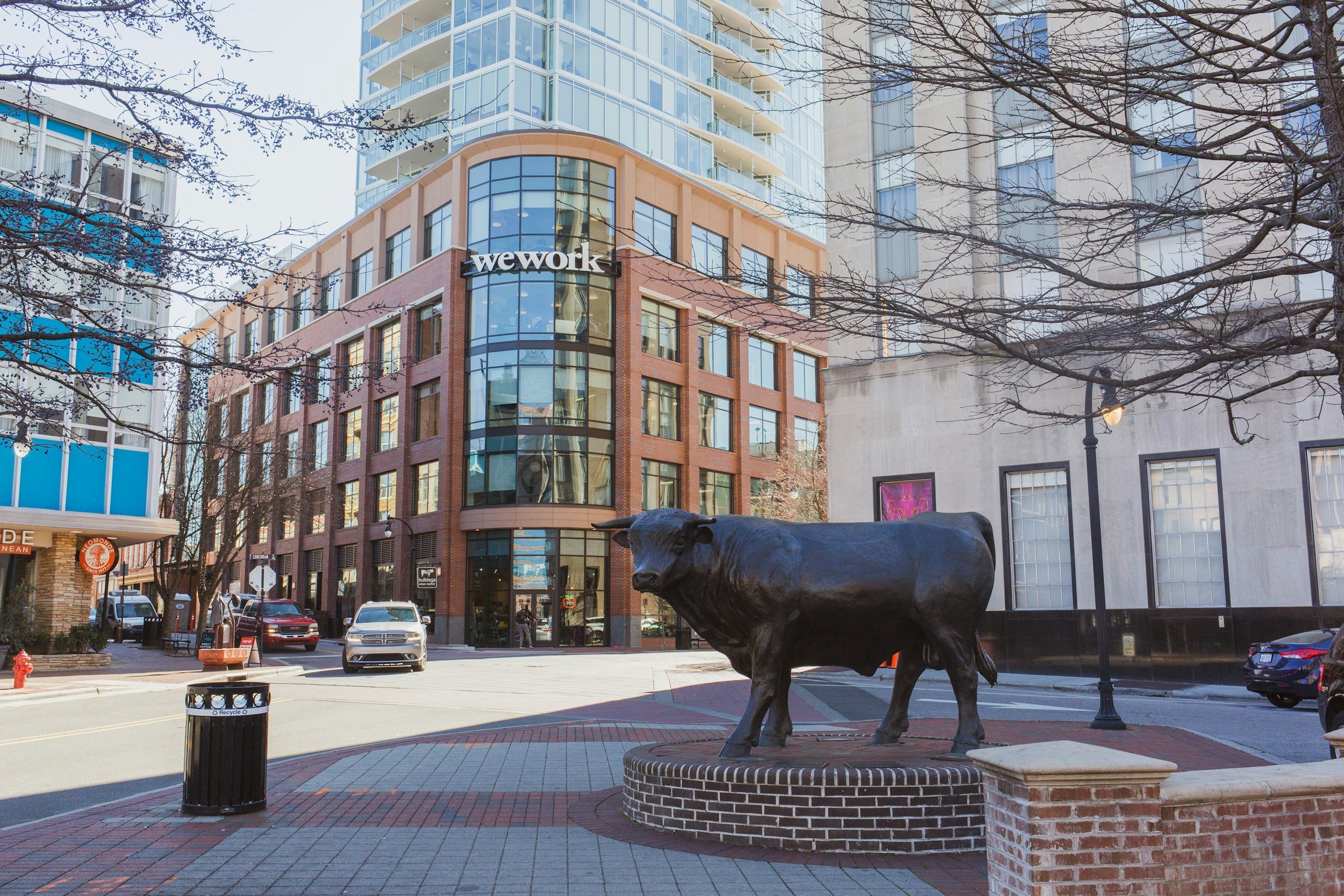
Get a yard sign delivered!
Get a yard sign delivered!
Forward for Ward 1.
VOTE IN THE PRIMARY ON OCTOBER 7
Meet Elijah.
Hey, neighbor—I’m Elijah King, a lifelong Durham resident, community organizer, and the proud son of a single mother who worked harder than anyone I know. I experienced firsthand the struggle for housing stability, moving 11 times before I turned 18 and often relying on the generosity of others for a place to stay. My mother's resilience and love for this city, despite its challenges, shaped my commitment to fighting for a Durham where everyone has the opportunity to thrive.
Since 2023, I’ve served as the Third Vice Chair of the North Carolina Democratic Party, touring over a third of the state’s counties and building relationships with community leaders. No matter where I’ve traveled, one thing is clear—Durham is a beacon of progress. But keeping that progress going takes all of us, working together.
My experience spans organizing, policy, and electoral strategy. Locally, I co-founded the Durham Neighbors Free Lunch Initiative during the pandemic, raising thousands of dollars and partnering with small businesses to serve ≈60,000 meals to individuals experiencing homelessness, DPS families, and people struggling to get by. I also co-founded the Durham Youth Environmental Justice Initiative, engaging high school students in discussions on climate change through an equitable lens. I saw the difference one person can make in the lives of children and their families. I also saw that some issues were too large for one person, one family to tackle.
Beyond my organizing work, I’ve served on the boards of organizations like InsideOut (supporting LGBTQ+ youth), Made in Durham (focused on education-to-career pathways), and the NC AIDS Action Network. My advocacy has always centered on making sure no one is left behind. That’s the same energy I’m bringing to City Council.
Durham has long been a model for progress in North Carolina. Now, we must work together to ensure that progress continues for everyone.




